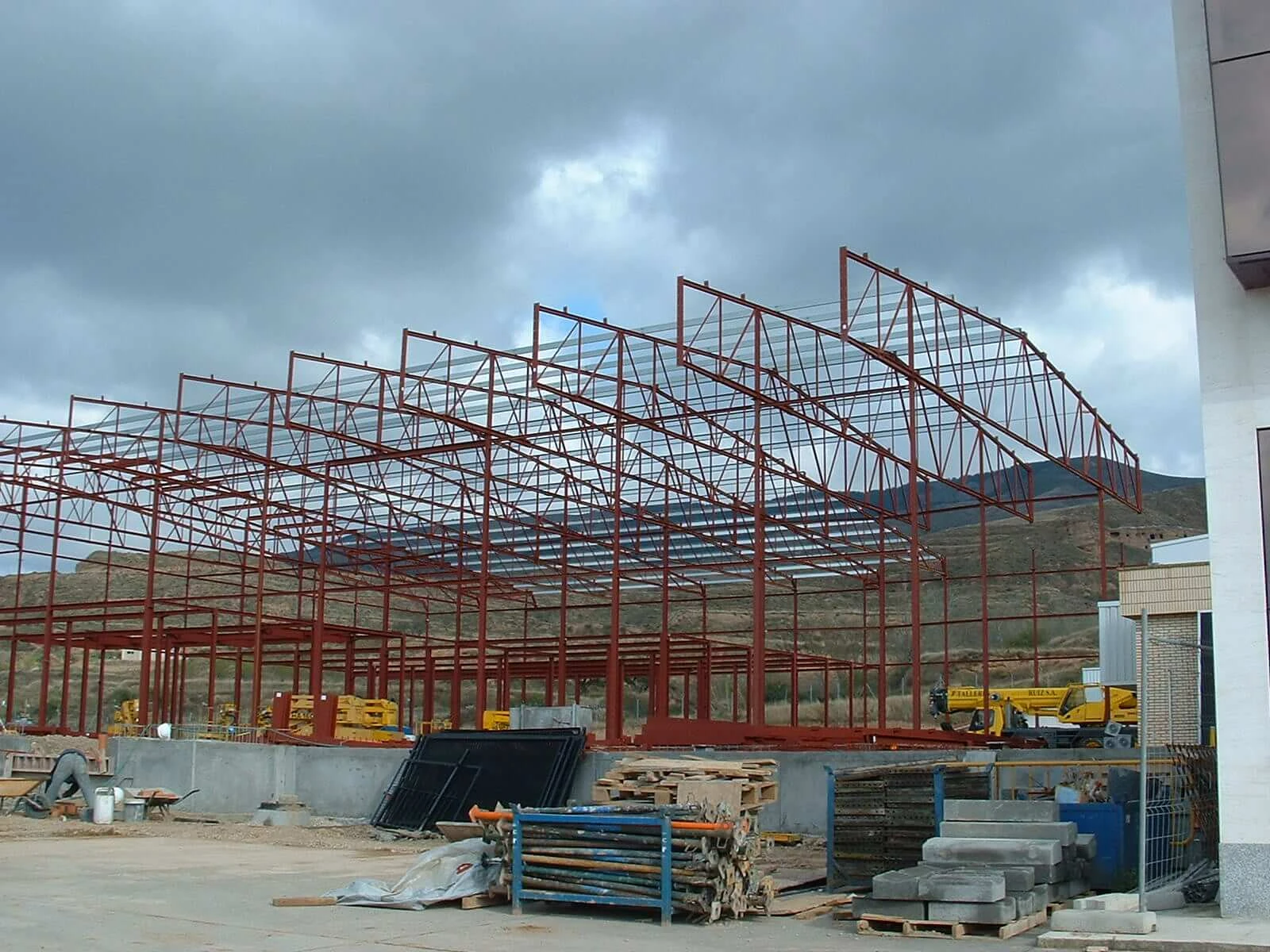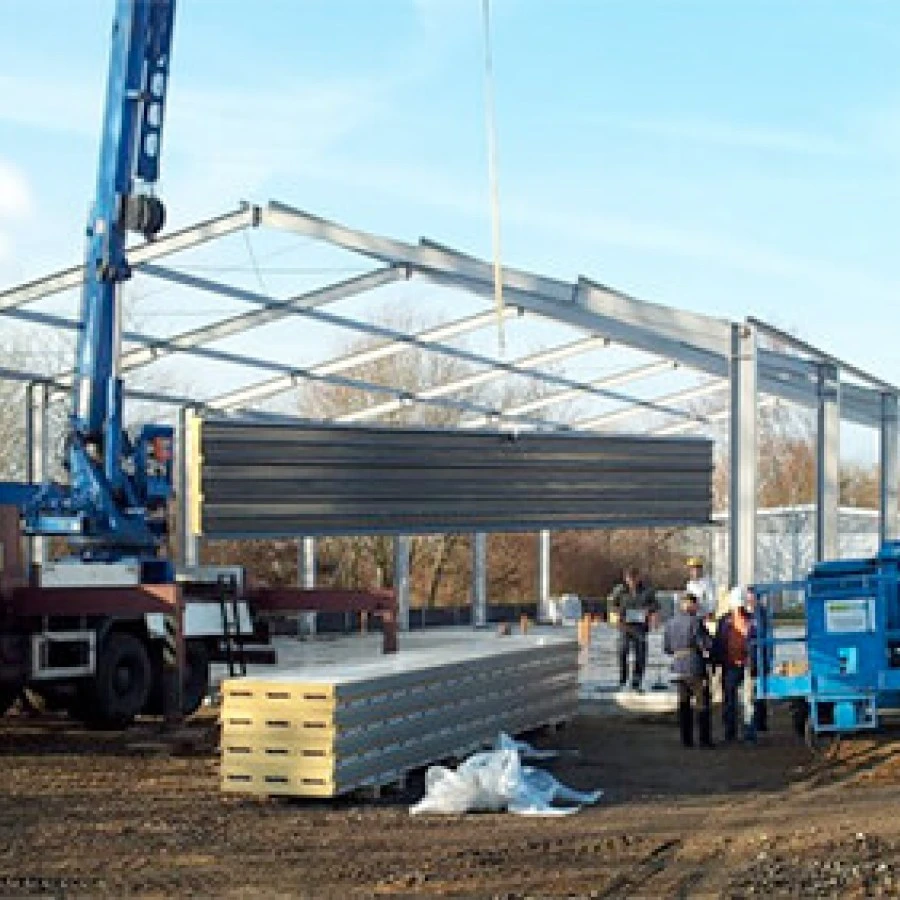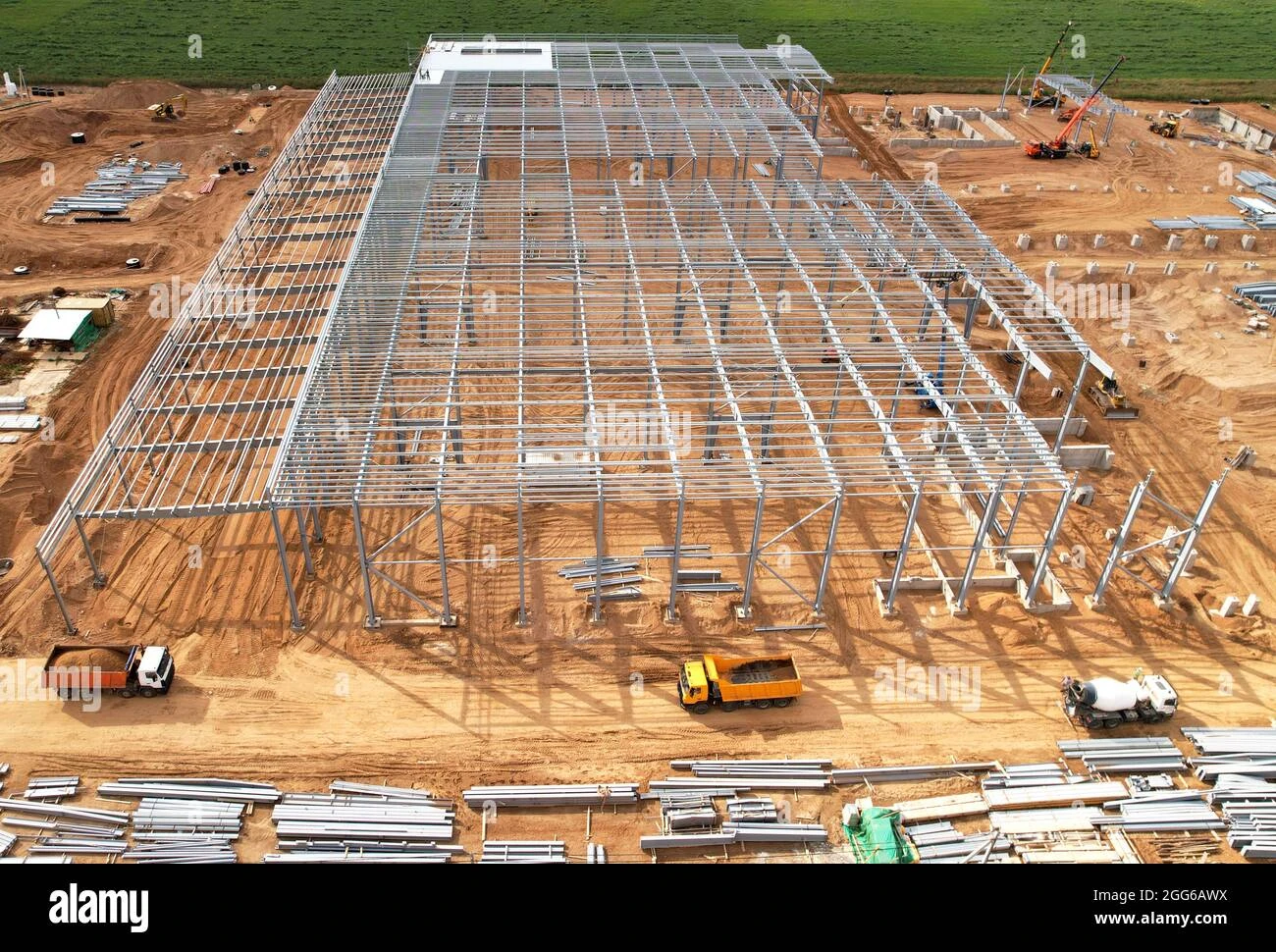- Afrikaans
- Albanian
- Amharic
- Arabic
- Armenian
- Azerbaijani
- Basque
- Belarusian
- Bengali
- Bosnian
- Bulgarian
- Catalan
- Cebuano
- Corsican
- Croatian
- Czech
- Danish
- Dutch
- English
- Esperanto
- Estonian
- Finnish
- French
- Frisian
- Galician
- Georgian
- German
- Greek
- Gujarati
- Haitian Creole
- hausa
- hawaiian
- Hebrew
- Hindi
- Miao
- Hungarian
- Icelandic
- igbo
- Indonesian
- irish
- Italian
- Japanese
- Javanese
- Kannada
- kazakh
- Khmer
- Rwandese
- Korean
- Kurdish
- Kyrgyz
- Lao
- Latin
- Latvian
- Lithuanian
- Luxembourgish
- Macedonian
- Malgashi
- Malay
- Malayalam
- Maltese
- Maori
- Marathi
- Mongolian
- Myanmar
- Nepali
- Norwegian
- Norwegian
- Occitan
- Pashto
- Persian
- Polish
- Portuguese
- Punjabi
- Romanian
- Russian
- Samoan
- Scottish Gaelic
- Serbian
- Sesotho
- Shona
- Sindhi
- Sinhala
- Slovak
- Slovenian
- Somali
- Spanish
- Sundanese
- Swahili
- Swedish
- Tagalog
- Tajik
- Tamil
- Tatar
- Telugu
- Thai
- Turkish
- Turkmen
- Ukrainian
- Urdu
- Uighur
- Uzbek
- Vietnamese
- Welsh
- Bantu
- Yiddish
- Yoruba
- Zulu
stu . 01, 2024 09:47 Back to list
The Issue of Redundant Farm Buildings Challenges and Opportunities
In the contemporary agricultural landscape, the phenomenon of redundant farm buildings has become increasingly prominent
. With advancements in technology, changes in farming practices, and shifting market demands, many agricultural properties find themselves with structures that no longer serve their original purpose. This article explores the challenges posed by redundant farm buildings, as well as potential opportunities for their redevelopment.Redundant farm buildings can arise from various factors. The rise of industrialized farming has led many small and medium-sized farms to either shut down or consolidate operations. As larger operations adopt more efficient technologies, older buildings designed for traditional practices may be left unused. Furthermore, changing commodities and consumer preferences may result in certain facilities becoming obsolete. For example, dairy barns may no longer be necessary as farmers transition to larger, more efficient operations that can accommodate mechanized milking systems.
These unused structures present several challenges. Firstly, they can become a liability for farm owners. Maintaining these buildings incurs costs, including taxes, insurance, and upkeep, which may not be offset by any revenue. Additionally, many older buildings may not meet modern safety and environmental standards, leading to potential legal complications for the owner. Moreover, when left unattended, these structures can fall into disrepair, posing safety risks and potentially reducing the overall value of the property.
redundant farm buildings

However, alongside these challenges, there are opportunities for the repurposing and redevelopment of redundant farm buildings. Creative thinking and innovative approaches can transform these structures into productive spaces. For instance, many old barns have been successfully converted into event venues, boutique shops, or artisan studios. The rustic charm associated with farm buildings can be a unique selling point that attracts tourists and local visitors, bringing new life—and revenue—to rural areas.
Additionally, there is growing interest in sustainability and eco-friendly practices. Repurposing these buildings can contribute to reducing waste and promote resource efficiency. Instead of demolishing these structures, adaptive reuse can breathe new life into them while preserving their historical significance. This approach aligns with the principles of sustainable development, ensuring that the rural landscape retains its cultural heritage while adapting to modern needs.
In conclusion, while redundant farm buildings present significant challenges, they also offer unique opportunities for innovation and sustainable redevelopment. By embracing creative solutions, farmers and community members can find ways to revitalize these structures, turning potential liabilities into valuable assets. As agriculture continues to evolve, the conversation around redundant farm buildings will play a crucial role in shaping the future of rural economies and landscapes.
-
Cold Formed Steel Residential Framing
NewsMay.21,2025
-
Innovative Steel Structure Building Solutions
NewsMay.19,2025
-
Innovative Prefab Metal Shed Solutions
NewsMay.19,2025
-
Durable Steel Horse Shelter Solutions
NewsMay.19,2025
-
Durable Metal Shed Solutions
NewsMay.19,2025
-
Durable Big Metal Shed Solutions
NewsMay.19,2025
Products categories
Our Latest News
We have a professional design team and an excellent production and construction team.












